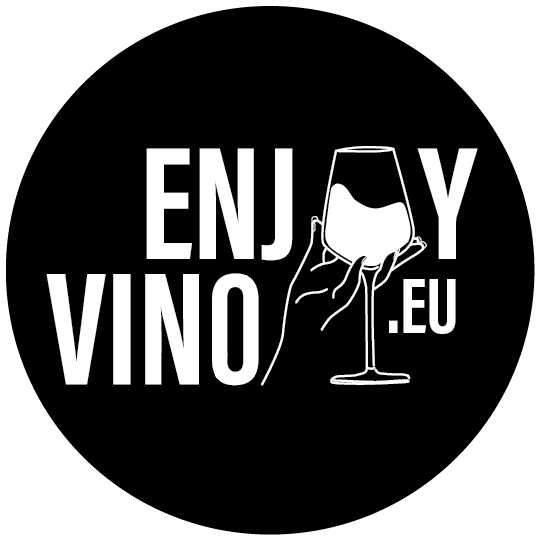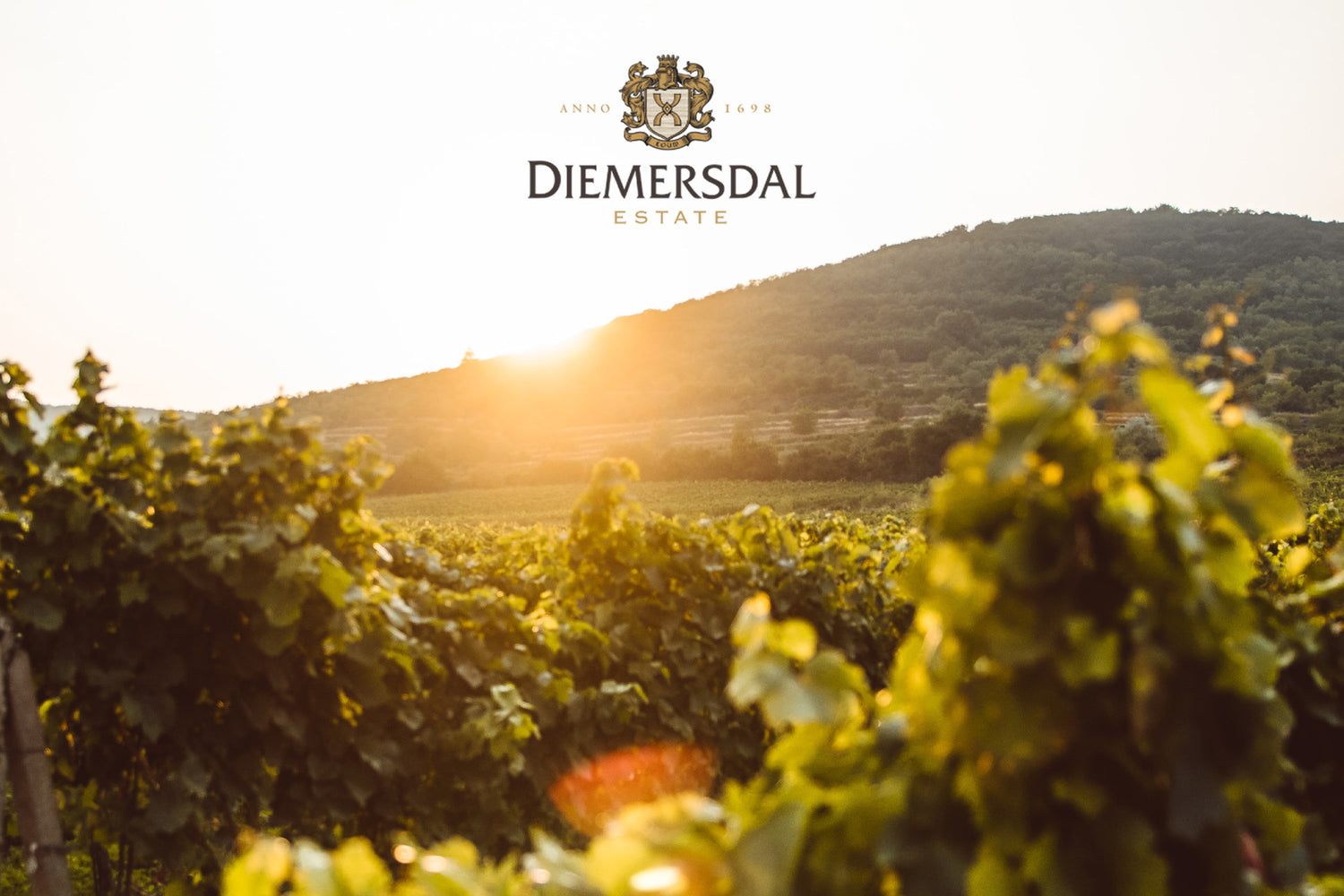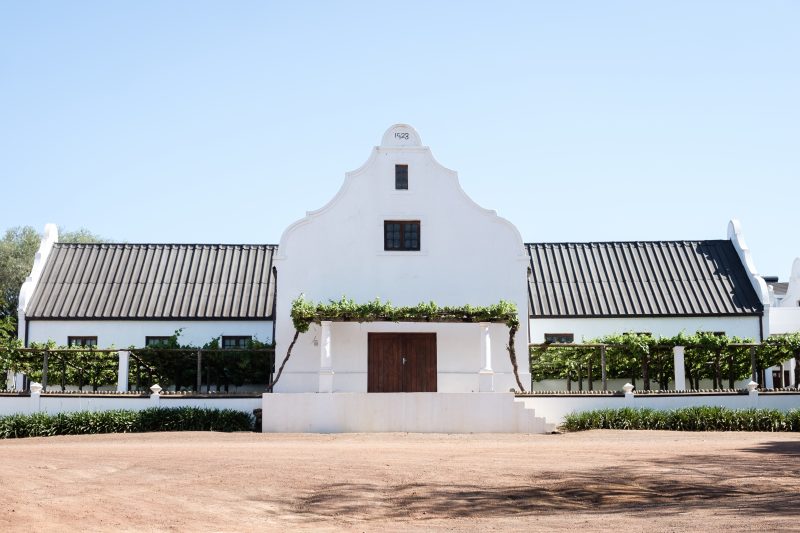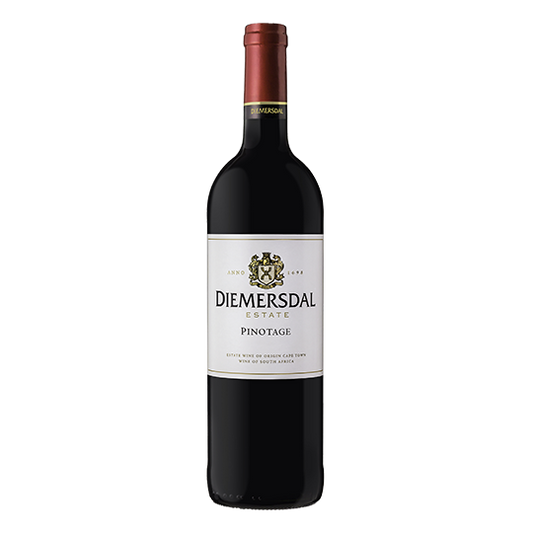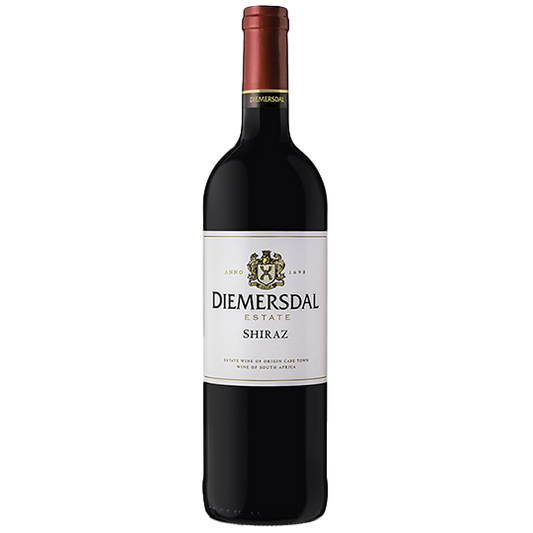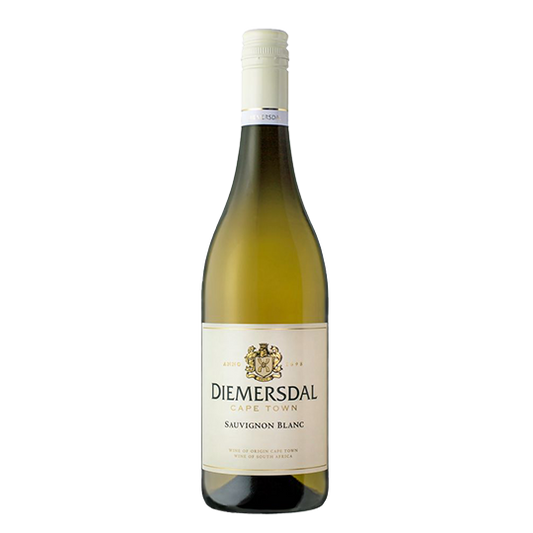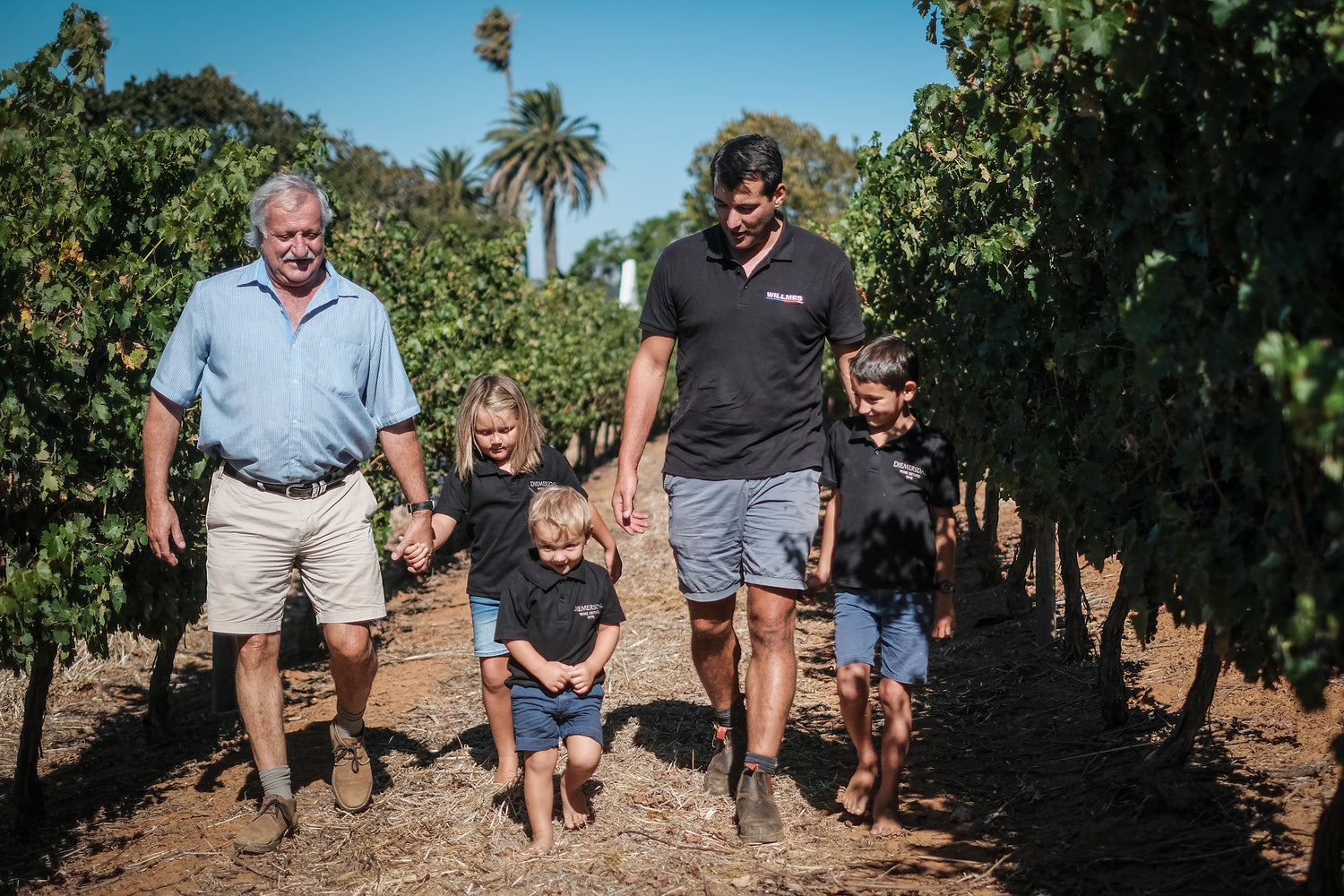
About Diemersdal
Six generations of Louws family have practiced their art with skill and passion at Diemersdal since the Estate passed into their hands in 1885. More than 12 decades later, Diemersdal is a well-known landmark in the lush Durbanville Valley, one of the Cape’s oldest wine regions.
Situated on the cool slopes of Durbanville, with Table Mountain as backdrop, Diemersdal provides the perfect setting for the production of unique, soulful wines. The farm covers 340 hectares of land, with 180 of those under vines.
The importance of terroir
Diemersdal Wines are the perfect expression of the distinct Durbanville terroir; the sum of the complex interaction between topography, soil content and climate. The grapes that go into Diemersdal Wines are grown under optimal conditions, in deep red Hutton soils, featuring decomposed granite and a high clay content. The vineyards, situated on the northern and southern slopes, are subject to glorious cooling mists that roll in each afternoon from the Atlantic Ocean. The grapes are grown under dryland conditions, with no irrigation, which allows them to uniformly ripen and develop concentrated flavours. The combination of excellent soil, varying aspect, slopes and the high rainfall of 700mm per year all contribute to the uniqueness of Diemersdal Wines.
-
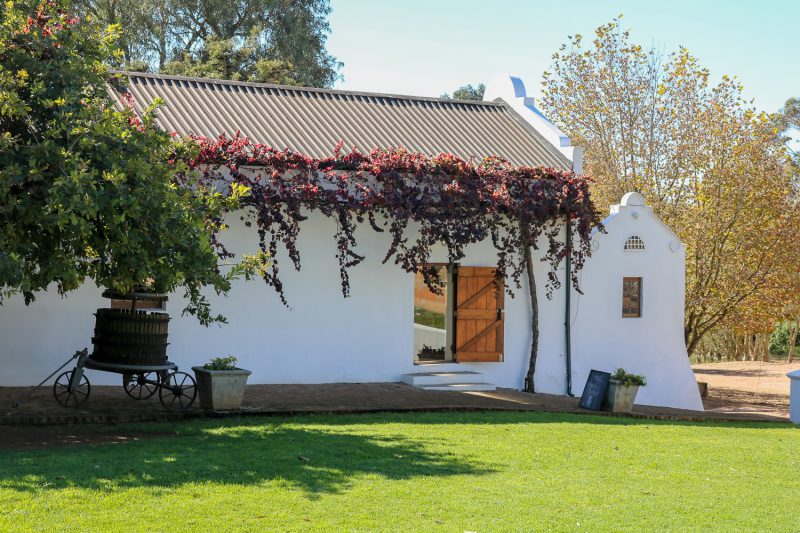
The cellar
At Diemersdal we blend the old and new worlds of winemaking.
In pursuit of the award-winning red wines that give expression to the rich diversity of the terroir, we use traditional open fermenters to enhance the natural flavours and soften the tannins in our grapes. We take great care in choosing the barrels for each cultivar. For the white wines, we have a brand new state-of-the art winery where we adopt an approach of minimum intervention to conserve prominent varietal character. -
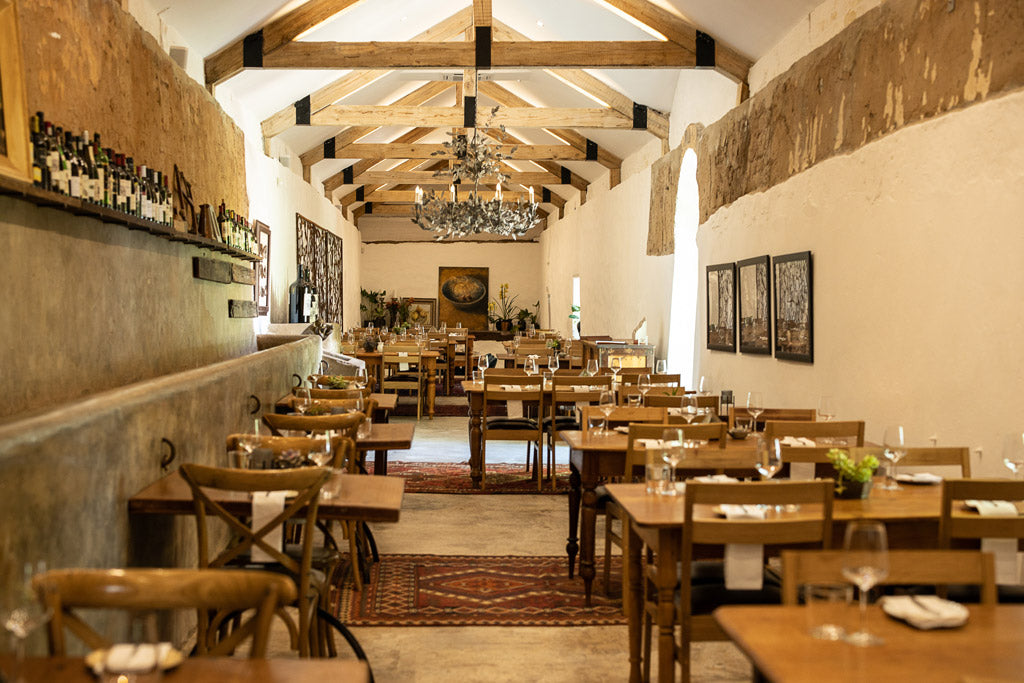
The Farm Eatery
The Meeting Point Of Heritage And Modern Cuisine.The Farm Eatery is a place where you can enjoy the flavours of the countryside and the relaxing farm ambience in an old stable. Here locally grown and regionally sourced produce inspire Chef Martin De Kock to blend his classical French training with the flavours of Provencal France, Spain and a touch of Asia. The herbs and some of the vegetables are from the kitchen garden, the preserves and pickles home-made, and the bread freshly baked. A balance of traditional roots and tantalising countryside cuisine mixed with homely farm vibes, and edgy cooking. That’s how they roll at Diemersdal.
Diemersdal wines
-
Diemersdal Pinotage
Regular price €16,10 EURRegular priceUnit price per -
Diemersdal Shiraz
Regular price €16,10 EURRegular priceUnit price per -
Diemersdal Sauvignon Blanc
Regular price €14,00 EURRegular priceUnit price per
